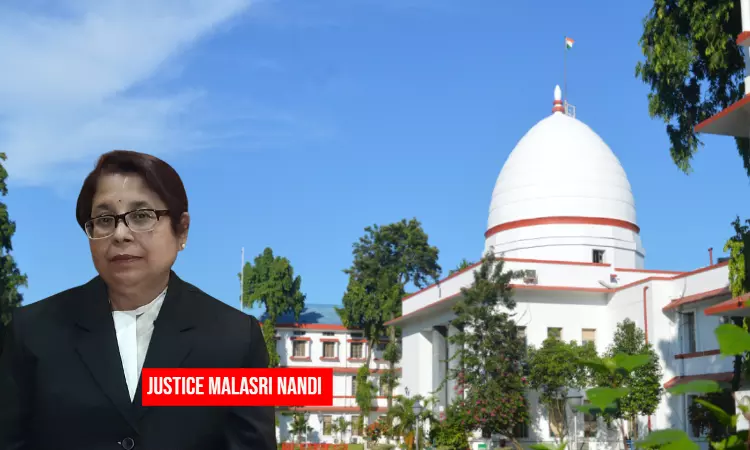Sexual Intercourse Between Husband And Wife, If Forcible, Cannot Be Considered "Rape": Gauhati High Court
Udit Singh
30 Sept 2024 11:45 AM IST

Next Story
30 Sept 2024 11:45 AM IST
The Gauhati High Court recently set aside a rape conviction and sentence order passed by a Trial Court, on the ground that the accused and victim, a major, were legally married and therefore, the sexual intercourse between the two even if forcible cannot be considered as rape.The single judge bench of Justice Malasri Nandi observed:“Exception 2 to Section 375 of IPC states...
